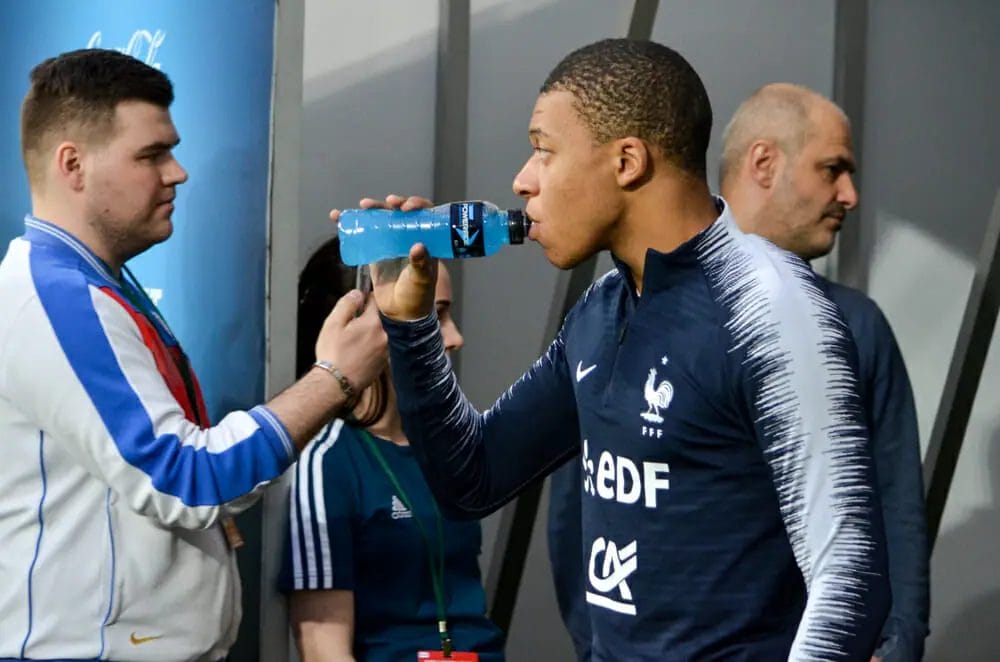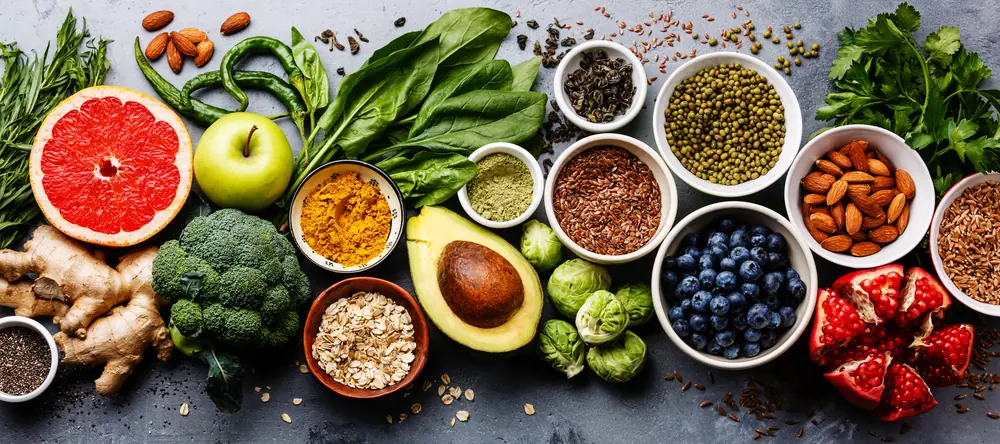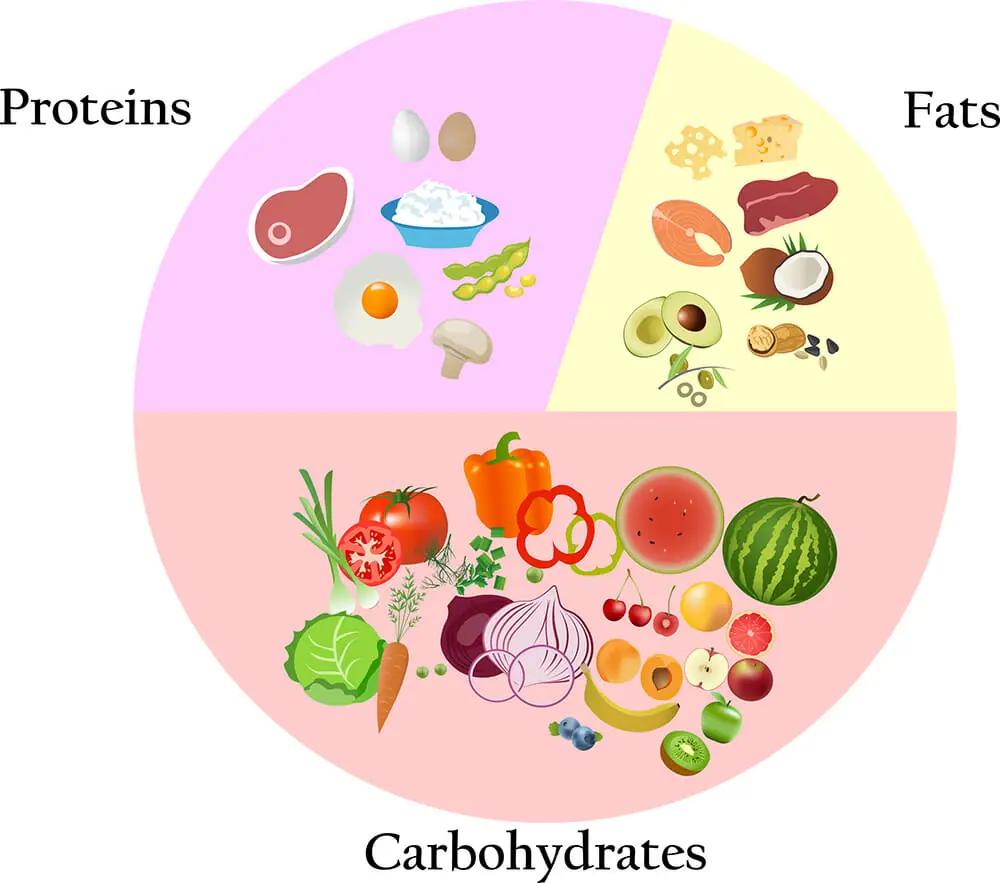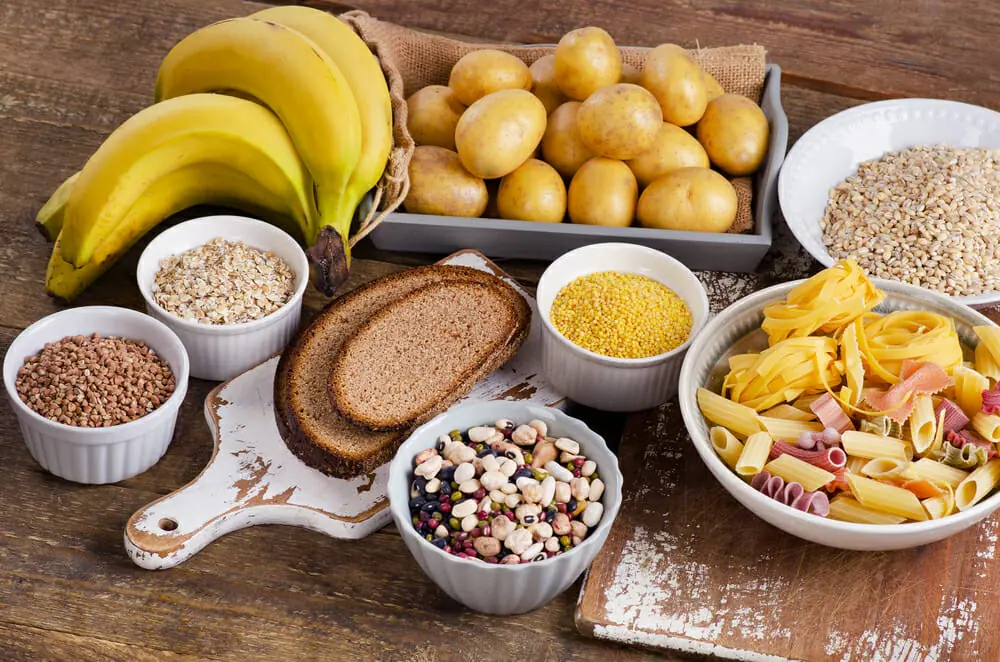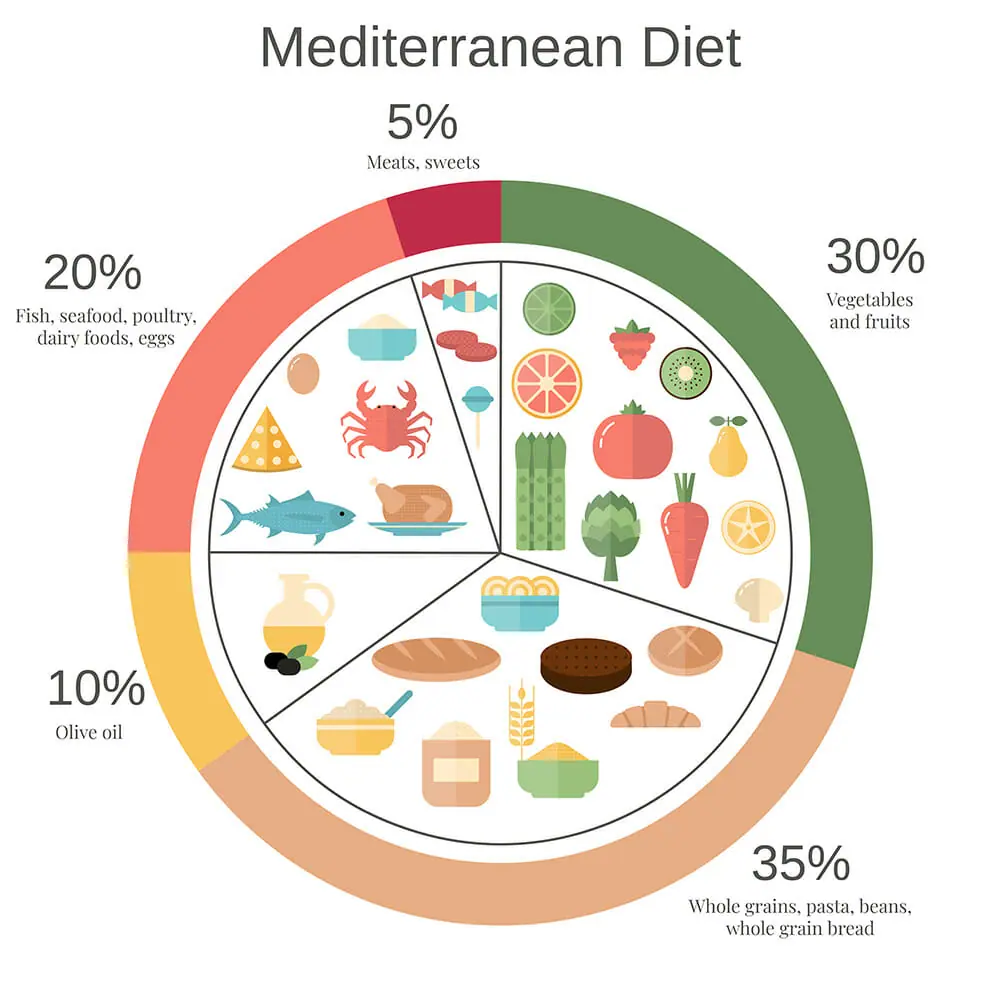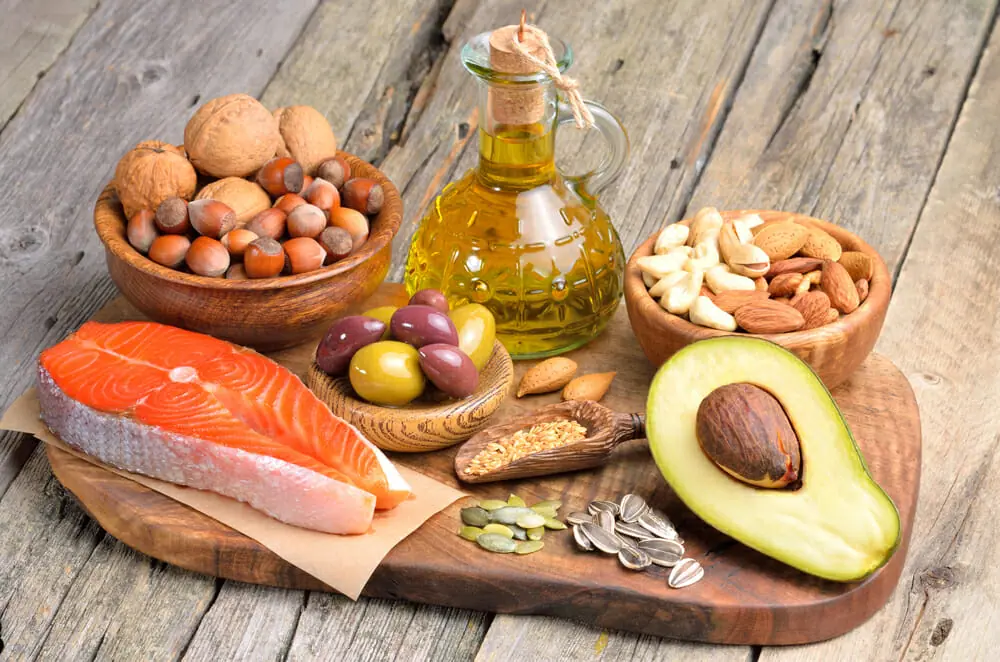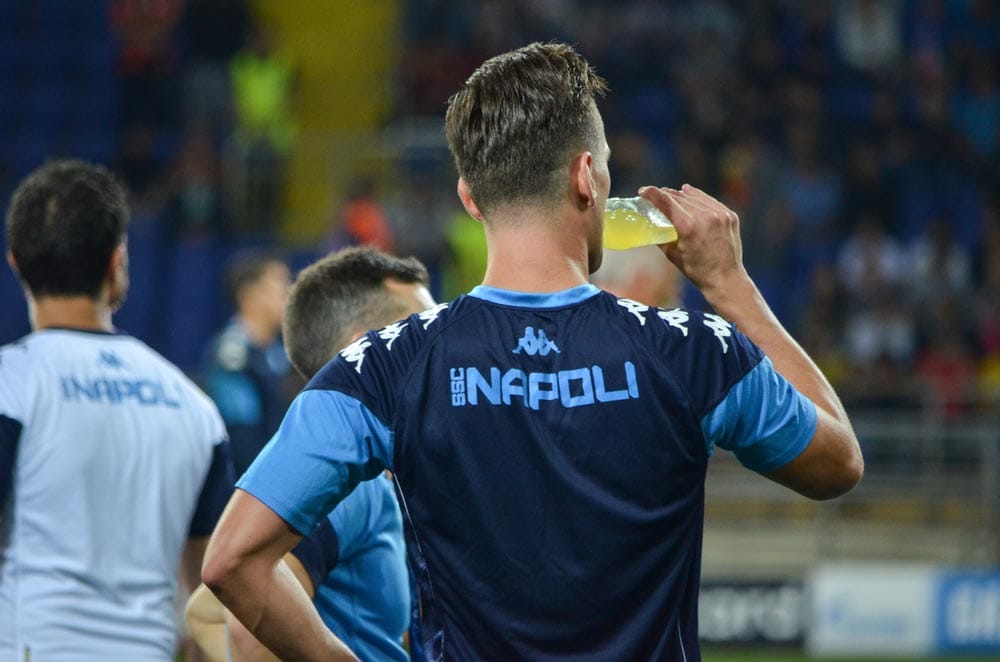Written By: Virginia Santesteban (Head of Performance Nutrition, CF Real Sociedad, La Liga)
Football, known universally as soccer, holds an unparalleled position as the foremost sport that transcends borders and cultures, captivating the hearts of millions around the globe.
Its evolution is an ongoing journey, shaped by the continuous progression of professionalism and a deepening understanding of the intricate web of “soccer science.” This expansive and dynamic realm of football is a theatre of unceasing activity where teams laboriously endeavour to gain the upper hand in a ceaseless quest for competitive advantage across every facet of the game.
This pursuit of excellence propels them to the forefront of innovation, where they forge new frontiers in coaching methodologies, sculpting ingenious game models, and seamlessly integrating a diverse array of football methodologies and tactical paradigms.
In this vibrant arena, the emphasis on excellence extends to multifaceted dimensions. Beyond the confines of skill and strategy, a relentless dedication to individual fitness amplifies the capabilities of each player. This, in turn, merges seamlessly with the collective preparedness of the team, creating a symphony of physical prowess that underpins their success on the field.
Moreover, the spotlight shines ever so brightly on the players themselves, each possessing an exceptional technical prowess that distinguishes them as artisans of the sport. Their mastery over the ball, the precision in their passes, and the finesse in their movements collectively compose the poetic language of football.
Every nuance of this multifaceted framework assumes paramount importance in this intricate dance on the pitch. It’s a tapestry woven from the threads of scientific understanding, tactical brilliance, and physical excellence.
The evolution of football, as a result, becomes a testament to the perpetual pursuit of perfection, where each match is a canvas upon which teams paint their strategies, players showcase their skills, and the collective spirit of the sport is celebrated in all its grandeur.
TAKE THE COURSE – Soccer Nutrition Course
In the realm of football player and team performance development, one often underestimated aspect lies in gaining a comprehensive grasp of soccer nutrition and the intricacies of a footballer’s diet or soccer player diet.
The ability to offer precise nutritional guidance and create tailored weekly meal plans for soccer players bestows a substantial advantage when harnessed to enhance performance, amplify training adaptation, and facilitate recovery from both rigorous training sessions and competitive matches.
For players, coaches, performance professionals, and decision-makers, a plethora of straightforward nutritional recommendations surrounds the frequently posed query: ‘What nutrients are essential for footballers?’ This counsel can be accessed through various avenues, predominantly from companies seeking to promote soccer nutrition products or dietary supplements.
By delving deeper into the realm of football nutrition and fostering a comprehensive understanding, you empower yourself with knowledge that equips you to make astute and impactful decisions, thereby effectively addressing the most prevalent inquiries.
In this specific coaching article, we delve into the realm of soccer nutrition, shedding light on critical aspects that impact player performance, whilst aiming to provide valuable insights into the importance of nutrition for soccer players and coaches alike.
Understanding Soccer Nutrition: Unveiling the Essentials
The cornerstone of our exploration lies in addressing pertinent questions surrounding soccer or football nutrition:
What Constitutes Nutrition?
- Nutrition, the scientific study of nutrients and other food components
- Sports nutrition, the practice of optimizing food and diet for elevated athletic performance
- Unveiling the nexus between nutrition and elevating human performance in individual or team sports
The Significance of Nutrition in Soccer Players
Recent research underscores the escalating physical demands placed on soccer players during competitive matches. Varied player-specific activities, influenced by factors like position and innate attributes, amplify nutritional energy consumption.
This increased expenditure aims to harness players’ physical prowess, ensuring they cover ground with intensity and recuperate both on and off the field.
Customized Activities and Nutritional Imperatives
Tailored activities emerge for each player, stemming from diverse factors including their designated role within the team and unique physical traits. This dynamic interplay substantiates the indispensable role of sports nutrition, benefiting not only players but also coaches and practitioners. Empowering them to furnish comprehensive insights into the intricacies of soccer or footballers’ dietary plans.
Unlocking the Potential: How Soccer-Specific Nutrition Elevates Performance
Guiding Caloric Intake:
- Advising on optimal daily calorie intake to align with players’ roles, positional requirements, and intermittent activities during possession and transition.
Enhancing Training Regimens:
- Amplifying the efficacy of specialized training programs and interventions through targeted nutritional support.
Fueling Recovery:
- Optimizing recovery mechanisms within, between, and after matches and training sessions.
Shaping Body Composition:
- Tailoring nutrition to achieve ideal body composition for diverse players, spanning youth, semi-professionals, and elite soccer or football athletes.
Curbing Injuries and Illness:
- Exerting a positive influence on soccer-related injuries and illnesses through preventive measures and recovery maximization.
As soccer coaches and enthusiasts, immersing oneself in the realm of sports nutrition specific to football or soccer brings a cascade of benefits. From informed dietary guidance to elevated performance outcomes, this comprehensive understanding empowers both players and their mentors. The journey towards peak performance commences with the conscious integration of sports nutrition into every facet of the beautiful game.
What is a healthy diet for a soccer player? and What does a professional soccer player diet look like?
Building on the key reasons & importance of nutrition on footballers or soccer performance, understanding what a healthy diet looks like is hugely important. The basic eating principles are measured around the 3 key macronutrients:
- Carbohydrates
- Protein
- Fats
Below we will dive a little deeper into the 3 fundamental food types for the soccer players diet.
Carbohydrates
Carbohydrate is the most important fuel for working muscles at high intensity activity such as football and it is suggested that it should make up the bulk of your footballers diet. For most sports people, especially soccer players dietary wise, 60-70% of energy should come from carbohydrates to be able to perform to maximum levels.
New literature in this space has reported a new way of maximising nutritional intake through ‘nutritional periodisation’ strategies, however this is discussed in more depth within the ISSPF
What is a Carbohydrate?
Carbohydrate is stored in muscles and the liver as glycogen. It is stored with about 3 times its own weight of water and 3 times more glycogen is stored in muscles than in the liver.
There is a limited supply of glycogen in the body – approximately 2000kcals. Though training can influence this figure depending upon the requirements of the sport involved. Dr. Eirini Manthou (ISSPF Faculty Member) expertly covers in detail the role carbohydrates play in team & individual sports within Lecture 2 of the ISSPF accredited sports nutrition online course: Understanding Micro- & Macronutrients.
Protein
Protein makes up part of the structure of every cell in the body. Proteins form the framework of the body and transporting materials around the body & inside cells. It is necessary for the growth and formation of new tissues and also to repair damaged tissues.
How Much Protein Should a Soccer Player Eat?
Protein is suggested to make up approximately 12-15% of a soccer players diet. Soccer of football players require around 1.3-1.8 grams of protein per kilogram of body weight per day
It is required to manufacture enzymes and hormones such as insulin and adrenaline.
Protein is constantly being broken down and rebuilt in the body, therefore it is important that there is a regular supply of protein in the footballers diet in order to compensate for the continual loss that occurs in the body through vigorous training & competition.
Protein is made up of smaller building blocks called amino acids, some of which manufactured by the body and some of which are essential amino acids and must be provided through the soccer players diet.
How Is Protein Used as Fuel?
When protein is digested within the body, amino groups are converted in the liver into a substance called urea. This is then passed to the kidneys and excreted in the urine. The remainder of the protein is converted into glucose and used as an energy substrate to assist in physical exertion.
Good Sources of Protein
- Quality meat – avoid processed meat products
- Quality poultry
- Game i.e. Venison, pheasant
- Fish
- Eggs
Fats
What Does Fat Provide Us With?
- Energy
- Fat soluble vitamins
Fat is the most concentrated source of energy in the diet. It provides roughly double the number of calories per gram than carbohydrate and protein. Fat also provides the fat-soluble vitamins A, D, E & K, which are important to our overall nutritional intake.
Types of Fat
Food contains a mixture of three kinds of fats – saturated, mono-unsaturated and poly- unsaturated. i.e. Saturated fats are found in meat, meat products, cooking fats, biscuits, cakes and pastries.
Only a small proportion of your fat intake should come from saturated fat as it is thought to have the most detrimental effect on your health as they raise the level of cholesterol in the blood, which increases your risk of heart disease.
The small amount of fat that we do eat should come from a mono or poly-unsaturated source.
- Mono-unsaturated can be described as fats that are liquid at room temperature and are found in high quantities in olive and rapeseed oils.
- Poly-unsaturated fats can be described also as liquid at room temperatures, and is a substance that are found in vegetable oils like sunflower oil and is also found in fish.
Summary: The Footballer’s Diet
To conclude around this unique coaching area, and delving into the vast realm of nutrition, this brief overview merely grazes the surface, yet we trust it has prompted contemplation about the dietary habits of your soccer players or football team.
Through this article, we aspire to furnish you with a foundational grasp of essential principles within this specialized domain, particularly the pivotal sources of energy requisite for optimal performance.
Nutrition’s significance transcends the confines of the pitch, extending into the realm of overall health and well-being. Beyond maximising on-field excellence, it plays a pivotal role in post-training and post-match recovery phases.
While this article has shed light on fundamental inquiries regarding football nutrition, a wealth of knowledge awaits those who seek to delve deeper.
Whether you’re a practitioner, student, coach, medical professional, learner, avid soccer aficionado, or even a nutritionist with an appetite for greater insight, we invite you to explore the link below to unearth more about sports nutrition.
The ISSPF-accredited online course on sports nutrition stands as a fusion of esteemed academic experts and seasoned practitioners hailing from around the world. Through this course, they share their experiential wisdom and theoretical acumen, carving a pathway toward the refinement of this specialized soccer-centric facet.
What Makes the ISSPF Accredited Online Soccer Nutrition Course Essential?
- Grasping the essential energy sources crucial for executing recurrent high-intensity and explosive movements within soccer’s intermittent framework stands as an utmost necessity.
- Customizing fuelling strategies for optimal performance and recuperation post-training and post-competition remains a specialized endeavour across varying levels of the sport.
- Both practitioners and coaches can significantly amplify their own expertise and the well-being of their players through a deeper comprehension of nutrition.
- Enhanced comprehension of nutrient timing could potentially mitigate the risk of non-contact muscle injuries.
Who Can Benefit from This Course?
- Individuals entrusted with the training and coaching responsibilities for individual athletes or team sports.
- Those keen on augmenting their knowledge in the preparation, training, and advancement of individual athletes or team sports.
TAKE THE COURSE – Soccer Nutrition Course
Elevate Your Game: Unveiling the Power of Soccer Nutrition with the ISSPF Accredited Course
In the fast-paced world of soccer, every step, every pass, and every goal requires a symphony of physical prowess and strategic thinking.
But have you ever stopped to consider the role that nutrition plays in the extraordinary performances witnessed on the pitch? From fuelling the explosive sprints to aiding recovery after intense matches, soccer nutrition stands as a vital cornerstone that can make or break a player’s performance.
Enter the International Soccer Science & Performance Federation (ISSPF) and their Accredited Soccer Nutrition Course – an educational odyssey that unravels the secrets behind optimal performance, recovery, and player well-being. As the world of soccer evolves, so does the science behind it, and this course is your ticket to staying ahead of the curve.
Unearthing the Game-Changing Knowledge
Soccer isn’t just a sport; it’s a dynamic blend of strategy, teamwork, and sheer athleticism. The ISSPF Accredited Soccer Nutrition Course is designed to empower players, coaches, practitioners, and enthusiasts with a comprehensive understanding of how nutrition shapes the beautiful game.
Mastering the Nutritional Playbook
Delve into the essentials that set the foundation for top-notch performance. Learn about the key energy sources that power high-intensity movements and explosive actions within soccer’s unique, intermittent rhythm. Whether you’re a seasoned coach or a curious enthusiast, understanding the intricacies of fuelling for peak performance is paramount.
Personalized Fueling for Optimal Performance
From the training ground to the thrilling moments of competitive matches, the ISSPF course delves into the art of crafting personalized nutritional strategies. Discover how different levels of the game demand tailored approaches, ensuring that athletes have the energy to execute plays, recover swiftly, and maintain their edge throughout the season.
Beyond the Pitch: Unveiling a Holistic Approach
Soccer isn’t just about what happens within the confines of the pitch; it extends to overall health and well-being. The ISSPF Accredited Soccer Nutrition Course explores how optimal nutrition can bolster recovery after training and games, reduce the risk of muscle injuries, and foster long-term player vitality.
Who Should Embark on this Journey?
Whether you’re a coach fine-tuning training regimens, a practitioner seeking to optimize player performance, or an enthusiastic learner eager to understand the science behind the game, this course is tailor-made for you.
If you’re responsible for training and coaching individual athletes or entire team sports, this course offers invaluable insights into shaping champions from the inside out.
Unleash Your Potential with ISSPF
The ISSPF Accredited Soccer Nutrition Course isn’t just a course; it’s a transformational voyage.
Enriched by a convergence of academic experts and seasoned practitioners from across the globe, this course brings theoretical knowledge to life through practical experiences. By enrolling in this course, you’re immersing yourself in a network of knowledge that’s revolutionizing how soccer is played, understood, and mastered.
Don’t miss out on the chance to raise your game, unlock new dimensions of performance, and discover the untapped power of soccer nutrition. Elevate your understanding, amplify your impact, and explore the extraordinary world of soccer through the ISSPF Accredited Soccer Nutrition Course.
Discover more at https://www.isspf.com/soccer-nutrition-course/
Your journey to excellence starts now.
Share this article:
